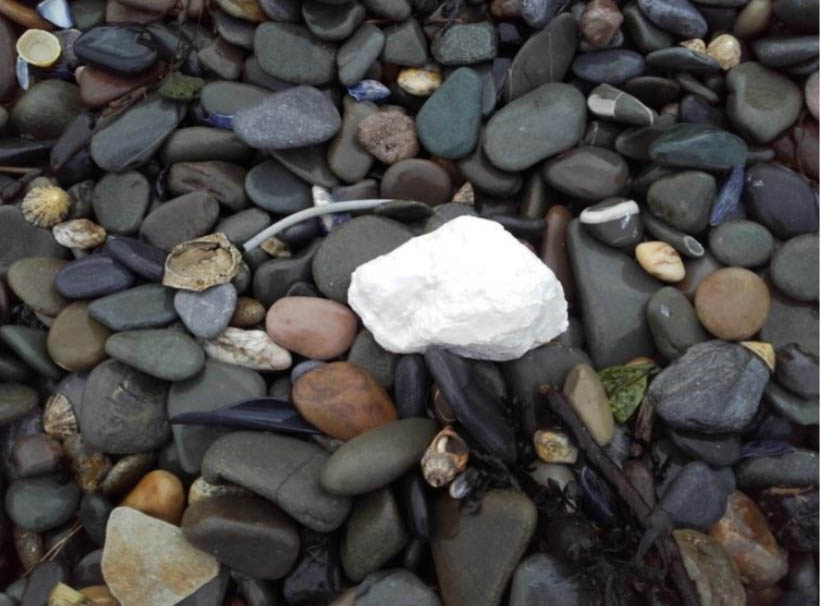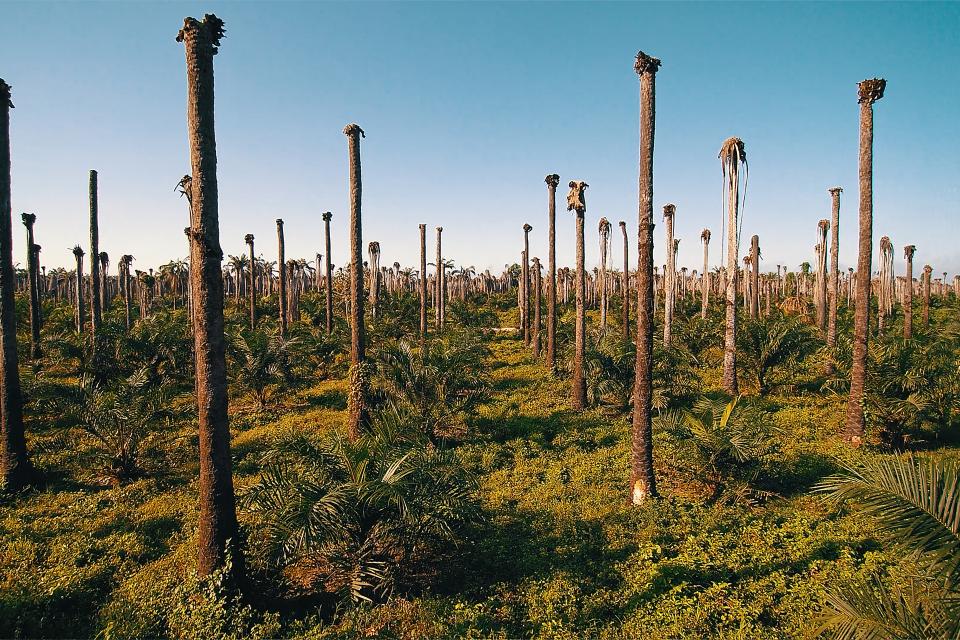International Orangutan Day: the ‘man of the jungle’ under threat

August 22nd, 2018
The orangutan, the only great ape species found in rainforests in Borneo and Sumatra, was celebrated last week during International Orangutan Day.
The day was the perfect occasion for conservation groups to raise awareness about the dangers of the palm oil industry and deforestation in Southeast Asia to the species.
The World Wildlife Fund’s (WWF) Malaysian expert, Julia Ng, told The Green News about the challenges ‘the man of the jungle’ is facing and about the importance of forests restoration.
“The biggest threats to orangutans are habitat loss and fragmentation due to agriculture expansion and unregulated logging practices.
“Palm oil in itself should not be considered as a threat to orangutans but it’s the manner in which it’s cultivated that threatens their population.
“Another threat to the orangutan is hunting, either for meat or in conflict situation causing several thousand of orangutans killed annually,” she added.
In 2007, a 10-year program was launched by the government to protect the habitats of orangutans on the two islands. The Bornean orangutan is also classified as an endangered species by the International Union for Conservation Nature since 2016.
Yet, Southeast Asian countries have continued to lose their forests at an alarming rate and the number of orangutans has declined. 100,000 Bornean orangutans were lost between 1999 and 2015, for example.
WWF’s action
The key is to protect orangutan habitat and reconnect isolated populations through forest restoration, Ng says. Enforcement, she argues, should also be in place to prevent poaching and illegal wildlife trade.
A portion of land in Sabah, Borneo was previously intended to be converted into a timber plantation. WWF-Malaysia’s orangutan aerial nest surveys showed in 2016, however, that nests were found along a wide stretch of the forest there.
“The Sabah Forestry Department agreed to halt plans to convert the land. The area was turned into a Natural Forest Management area,” Ng says.
“Only trees above a specific diameter limit could be harvested. This was a step in the right direction for the orangutans, but there is still so much more that we can do.”
Another successful forest restoration can be seen in Bukit Piton Forest Reserve in Malaysia where 300 orangutans live. “Until 2007, the reserve was a prime example of a severely degraded forest,” says Ng, and was “logged extensively” using unsustainable practices in the 1980s.
“Drought-induced forest fires destroyed it. The forest was also completely isolated with palm oil plantations. The future of Bukit Piton, and by extension its orangutan inhabitants, looked bleak,” warns Ng.
WWF-Malaysia with the Sabah Forestry Department spearheaded the forest restoration program there in 2007. Open and exposed areas were planted with fast-growing pioneer species and fruit trees and the results are starting to show, Ng says.
“2,266 hectares of the degraded forests in Bukit Piton have been restored. Trees are seen to thrive in the area and various wildlife spotted. The orangutans have been observed to use the replanted trees for food and shelter.
“Baby orangutans have also been sighted, an evidence that the species is now thriving where it was once grasping desperately for survival,” she says.
“It’s urgent that we work to save the orangutans to ensure that they continue surviving on Borneo island. Otherwise, we’ll lose this species which is the wildlife symbol.”
[x_author title=”About the Author”]







